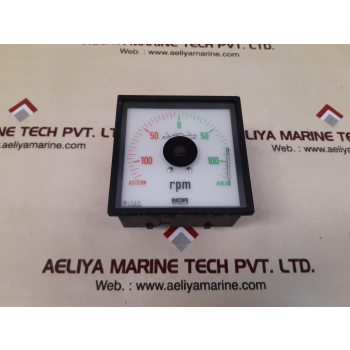Welcome to our blog, where we dive into the exciting world of industrial automation detectors! In today's rapidly evolving industries, automation plays a vital role in enhancing productivity, reducing costs, and ensuring the safety of workers. Among the many indispensable tools used in industrial automation, detectors stand out as crucial devices that enable efficient operations while mitigating potential risks. In this blog, we'll explore the significance of industrial automation detectors, their various applications, and the advantages they offer to businesses.
What are Industrial Automation Detectors?
Industrial automation detectors are sophisticated electronic devices designed to sense, measure, and monitor various parameters within industrial environments. These detectors utilize advanced technologies such as sensors, actuators, and data analysis algorithms to gather and interpret data. By providing real-time insights, they enable automated systems to make informed decisions, ensuring optimal efficiency and safety across multiple industries.
Applications of Industrial Automation Detectors:
a. Environmental Monitoring: Industrial automation detectors are utilized to measure and control parameters like temperature, humidity, air quality, and gas concentration in manufacturing facilities. This ensures optimal working conditions and helps prevent hazardous situations.
b. Quality Control: Detectors play a crucial role in quality control processes by monitoring and analyzing parameters such as product dimensions, weight, color, and texture. They help identify defects, deviations, and variations in real-time, enabling timely corrective actions.
c. Machine Health Monitoring: By monitoring factors like vibration, temperature, and lubrication levels, detectors provide insights into the health and performance of machines. This data allows for predictive maintenance, reducing downtime and optimizing equipment lifespan.
d. Safety and Hazard Detection: Detectors are essential for identifying and preventing potential safety hazards, such as gas leaks, fire, smoke, and chemical spills. Early detection enables prompt response, protecting both employees and assets.
Advantages of Industrial Automation Detectors:
a. Enhanced Efficiency: By automating data collection and analysis, detectors improve process efficiency, reduce human error, and optimize resource utilization. This leads to increased productivity and streamlined operations.
b. Cost Savings: Detecting anomalies and addressing issues promptly can prevent costly breakdowns, minimize production losses, and optimize maintenance schedules. Automation detectors help reduce operational costs and enhance the bottom line.
c. Improved Safety: With their ability to detect hazardous conditions in real-time, automation detectors significantly contribute to workplace safety. Timely warnings and automatic response systems prevent accidents and protect employees.
d. Data-Driven Decision Making: Industrial automation detectors generate a wealth of data that can be analyzed to identify patterns, trends, and opportunities for process optimization. This data-driven approach empowers businesses to make informed decisions for continuous improvement.
Industrial automation detectors revolutionize the way businesses operate, providing real-time monitoring, control, and analysis of critical parameters. Their diverse applications across industries help optimize efficiency, enhance quality, and ensure the safety of both processes and personnel. By embracing the power of industrial automation detectors, organizations can unlock new levels of productivity, profitability, and sustainable growth in today's dynamic business landscape.

No comments:
Post a Comment